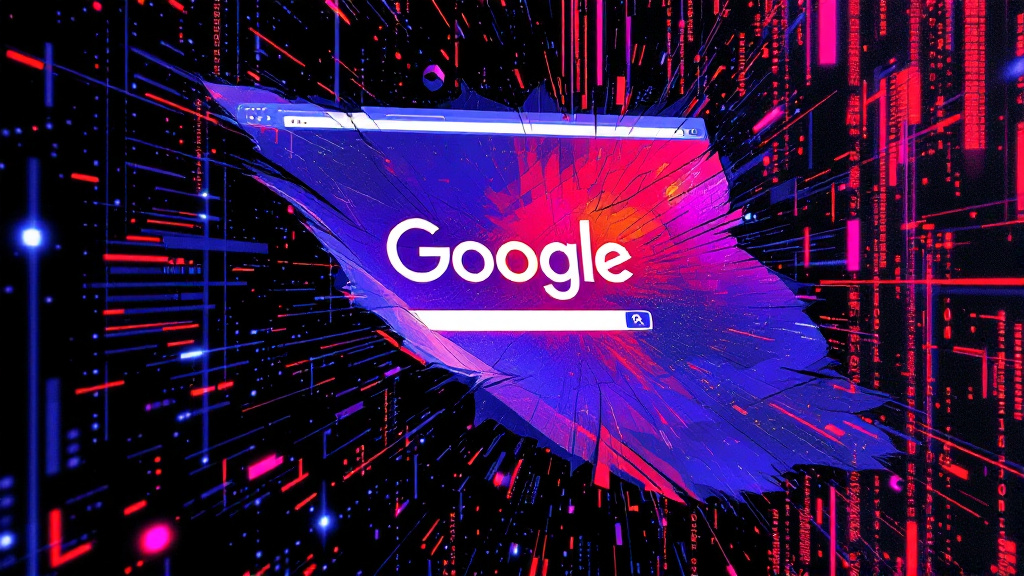In a recent Q3 earnings call, Google CEO Sundar Pichai announced a delay for Project Astra, Google’s ambitious AI initiative aimed at creating advanced multimodal AI agents. Originally set for release by December 2024, Project Astra’s technologies, including advanced virtual agents capable of real-time environmental understanding and performing user-directed tasks, are now postponed until at least 2025. This delay raises questions about Google’s competitive edge and market position in a rapidly evolving AI landscape.

Project Astra, first introduced at Google’s I/O conference in May 2024, represents a major leap in AI capability. Through prototypes showcased earlier this year, Google demonstrated these agents’ potential to identify objects in real-time through smartphone cameras, answer contextual questions, and even execute transactions. However, the technology demands for these AI agents are substantial, and Google’s decision to delay reflects the complex challenges inherent in such development, including real-time visual comprehension and the autonomy needed for accurate, reliable interactions.
This delay provides an opening for rivals like OpenAI, Anthropic, and Microsoft, which are all actively advancing their own AI offerings. Anthropic, for example, has recently launched a generative AI model designed to perform tasks across applications and browsers on PCs, marking an early move into the AI agent space. According to industry experts, Google’s delay could enable these competitors to capture market share while Google recalibrates. Moreover, Microsoft’s strategic integration of OpenAI’s GPT technology into its Azure cloud has strengthened its foothold, intensifying the pressure on Google to deliver an AI that can not only match but surpass these advanced systems in both functionality and user experience.
Internal challenges also appear to play a role in the postponement. Reportedly, Google has been working to align its various AI teams and streamline resources to meet the high expectations set by Project Astra. Despite these efforts, some analysts warn that such delays may impact investor confidence and customer trust in Google’s ability to deliver cutting-edge AI solutions at the pace demanded by today’s market. However, Pichai has indicated that Google’s priority remains on delivering a robust and ethically-sound AI agent, even if it means delaying the rollout.
For Google, the stakes are high, and the implications of this delay could ripple throughout the AI sector. As the company continues to refine Project Astra, competitors are seizing the opportunity to establish themselves in this emerging market, potentially reshaping the competitive dynamics in AI. While Google’s cautious approach underscores its commitment to quality and user safety, whether it will retain its competitive edge or concede ground to rivals remains to be seen.













1 comment